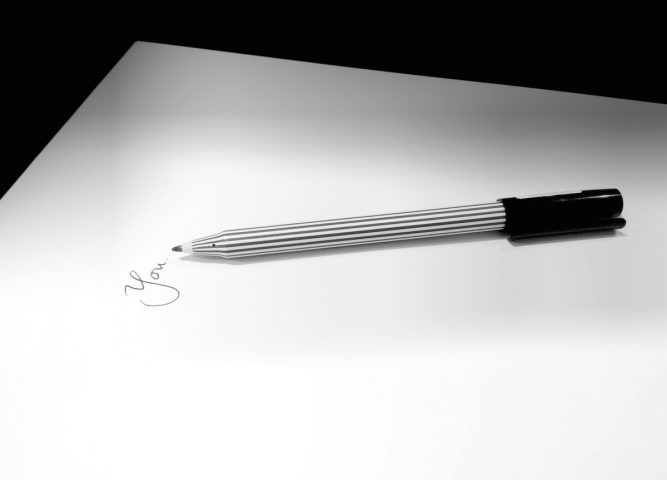4 Benefits of Writing by Hand

How office paper helps to find missing persons
October 31, 2016
How to Write an Index
November 10, 2016
Did you know handwriting can be very useful to boost your productivity at the office?
Handwriting can be extremely useful – not only does it help you to slow down and think more clearly, it can also help you retain information. Here are four useful benefits of writing by hand:
# Stimulate your brain
You probably remember writing and rewriting revision notes when you were at school or college – there’s a good reason for this. The process of writing notes by hand stimulates the part of your brain that makes the information you are focussing on more important, and therefore easier to retain. This part of the brain is called the Reticular Activating System, or RAS, and is particularly active when you are doing something – like writing, for example – to intensify the study process.
# It could turn you into a better writer
JK Rowling is a famous example of a best-selling author who prefers to write her books by hand. Her first draft, she says, is always handwritten, and she only types it up when she gets to the first edit. Jackie Collins can hand as many as 2000 handwritten sheets over to her assistant to type up, but as she says, “I want that black felt tip pen and I want that yellow legal pad and I’m good to go anywhere in the world.” It’s not just about the creative process, either; a 2009 University of Washington study showed that schoolchildren who wrote their essays by hand not only used more complete sentences than their peers, but also wrote more, and even wrote faster!
#A pen and paper offer no distractions
Finding it difficult to get that paper written when there are cat videos to look at instead? You might find the internet to be a useful research tool, but it’s not helpful when you’re on a deadline and instead of taking five minute breaks to browse Pinterest, you find that you’re taking five minute breaks to work instead. Pen and paper for twenty minutes at a time will make you far more productive.
#Writing by hand focuses the brain
Think of it as an exercise routine for your mind. As we age, the simple act of picking up a pen instead of booting up a computer can keep our minds more active. Why? Alongside benefits already mentioned, such as focussing the mind and encouraging information retention, it maintains motor skill in your hands. There is also some evidence to suggest in a 2008 study published by the Journal of Cognitive Neuroscience that older brains are even better at taking on new pictorial characters – such as oriental languages, or music – if they are written by hand.
The next time you’re tempted to use an app to make a to do list, reach for a pen and paper instead!



